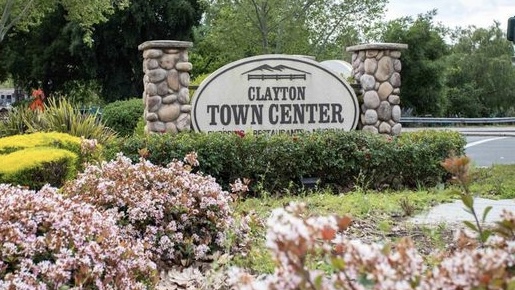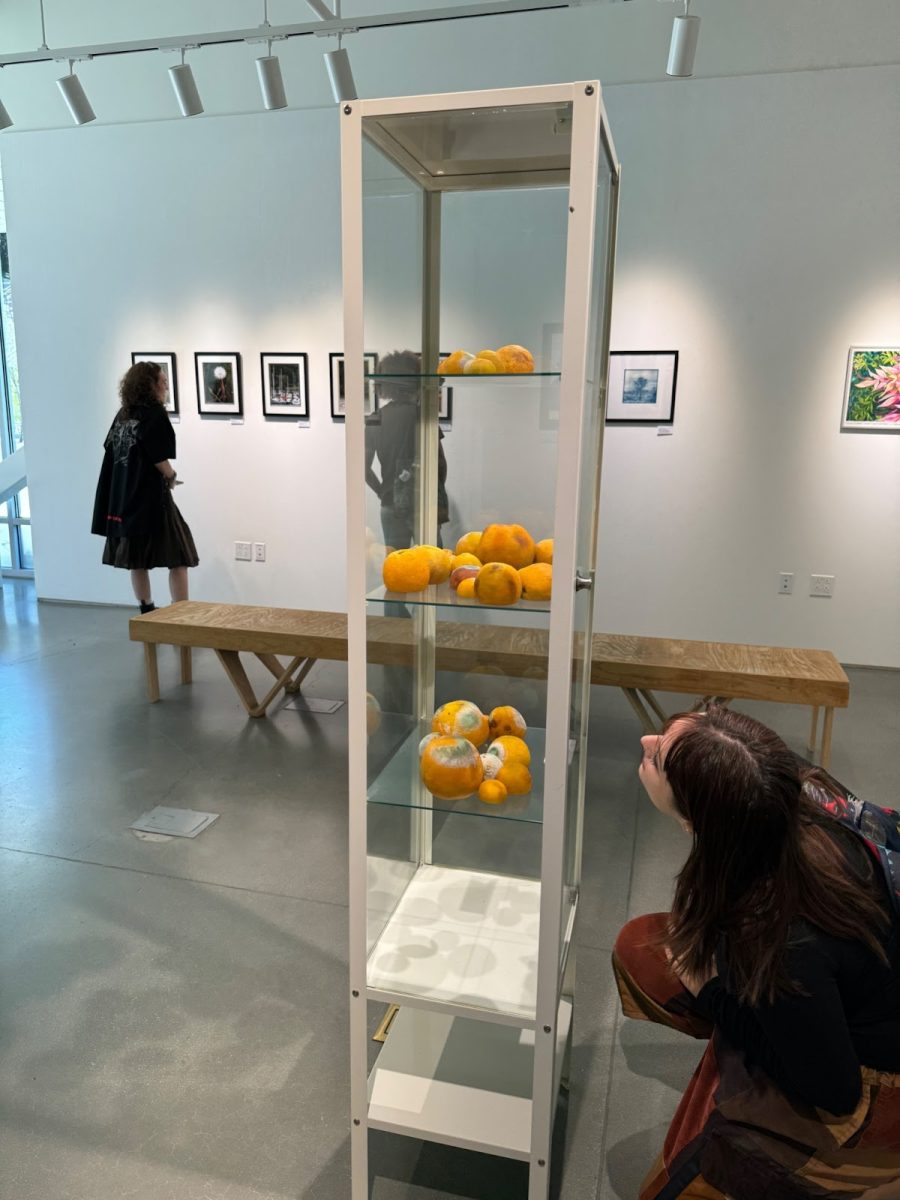When a 23 year old woman boarded a bus with a male friend on Dec. 16, she had no idea of the horrors that lay ahead of her. What ensued afterwards can only be described as horrific.
The woman, who has become known as Damini, was gang raped by 6 men on the bus. They beat her and violated her so viciously that she died of her injuries 13 days later.
She was literally raped to death.
The details of her attack were so gruesome that citizens began taking to the streets of New Delhi to protest, demanding more legal reforms to protect women from violent crimes.
When she died eight days later, the feeling of mourning was so intense that many businesses, hotels, and nightclubs across New Delhi either cancelled or toned down their New Year’s Eve celebrations. A New Delhi resident told The Hindu (an Indian newspaper), “… everyone has been pushing for canceling the celebrations as a token of respect to the young girl.”
The world took notice of Damini’s demise. But the criticisms of many Western journalists began to take on an air of superiority, with undertones of racism that echoed of neocolonialist attitudes.
Libby Purves’ Jan. 31 article from The Times has generated a lot of attention for how she makes India’s brand of misogyny seem so foreign that she separates East from West. She makes no mention of comparable crimes or behaviors in the West. She speaks of, “… looking eastward in disgust…”
The irony was that at precisely the same time that western journalists wrote smugly about Indian society’s backwards cultural traditions, a similar story was unfolding out of Steubenville, Ohio.
This story involved the alleged gang rape of a 16 year old by two teenaged boys. Her unresponsive body was dragged from party to party as teenagers recorded photo and video footage of her being sexually assaulted. The footage was posted online.
And the mainstream media kept it as quiet as they could. Thanks to the efforts of a blogger (who kept the case alive in the local media), two New York Times reporters picked up the story four months later; the same day Damini was gang raped in New Delhi.
And where was the local outrage?
There have been many articles criticizing the alleged cover-up by Steubenville authorities. There were small protests in Steubenville; but nothing that compared to the thousands of people who protested throughout India.
If we are such a progressive society, why are we not outraged to the point of disrupting normal activities when online evidence of an American girl being raped is being covered up and not supported?
This begs the question: Why are Westerners not willing to examine our own rape culture?
Just three years ago, a girl who was attending her high school Homecoming Dance was gang raped in front of a crowd of people at Richmond High School. The incident, which took place on Oct. 24, 2009; gained national attention – not only for the severity of the crime, but also because there were witnesses who did nothing to protect the victim.
But the story of the Richmond High gang rape has all but disappeared from the collective consciousness of many Bay Area residents.
How many of you remember the Mission rapist, who terrorized the streets of San Francisco’s Mission District in 2011?
That Frederick Dozier was convicted of 25 charges for kidnapping, robbing, and sexually assaulted three women speaks is a testament to the American justice system.
But that many of you either don’t know or have forgotten about the Mission rapist is a testament to how much our society still trivializes rape.
It is this sense of apathy that Rupa Marya, a San Francisco-based physician, musician, and activist, has decided to combat.
On Jan. 11, she and a few local organizers held a protest advocating safety and awareness throughout the Mission District. They attracted the attention of local news agencies, with KTVU channel 2 news featuring a two-minute segment about the demonstration.
In an email from Jan. 17, Rupa writes, “It concerns me how our minds do not take the information in and spur us to action but instead our defenses find a way to invalidate these horrific things. [This demonstration] was not a way to increase fear in our community but to increase awareness and DIRECT PARTICIPATION in our own community.”
Her plan is to post every story of every rape in San Francisco she learns about on her Facebook page and to encourage her friends to share as well. She posted, “When we all finally get disgusted, overwhelmed and tired of hearing of all the rape stories, we mobilize to do something about it.”
We can all take a lesson from Rupa Marya’s playbook.
Participate in a local demonstration.
Enlighten your friends with a Facebook post that asks them to think for 60 seconds about former U.S. Representative Todd Akin’s comments about “legitimate rape.”
Think about how rape is depicted in popular culture, and talk with your friends about it. Consider changing your spending habits as a result.
In the meantime, while you have read this article, at least two people have been raped or sexually assaulted in America.
Can we at least show the level of outrage India is now demonstrating?






































































